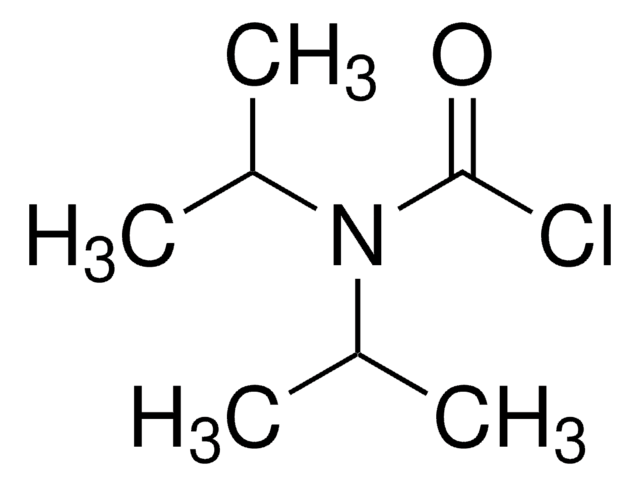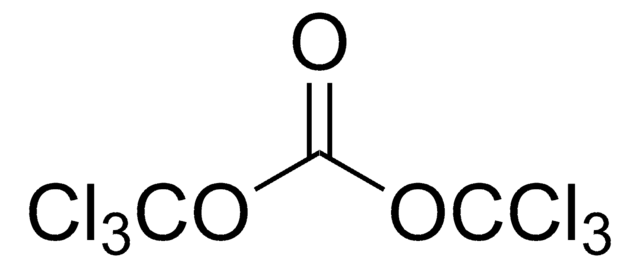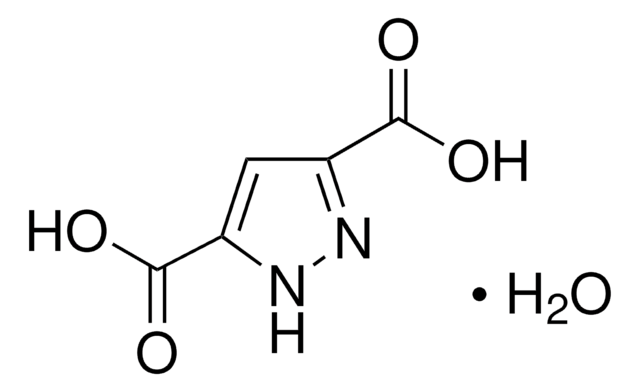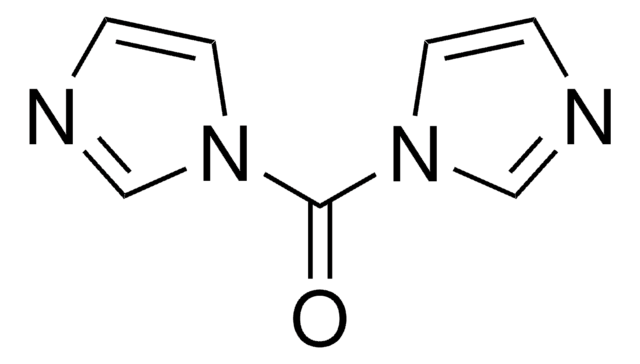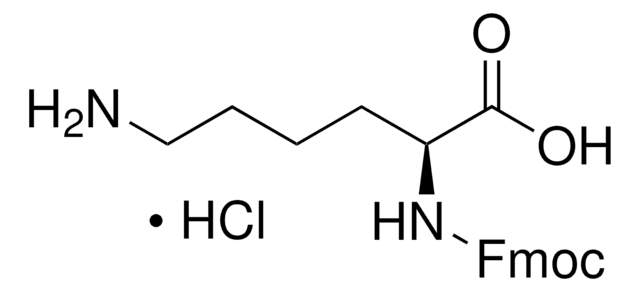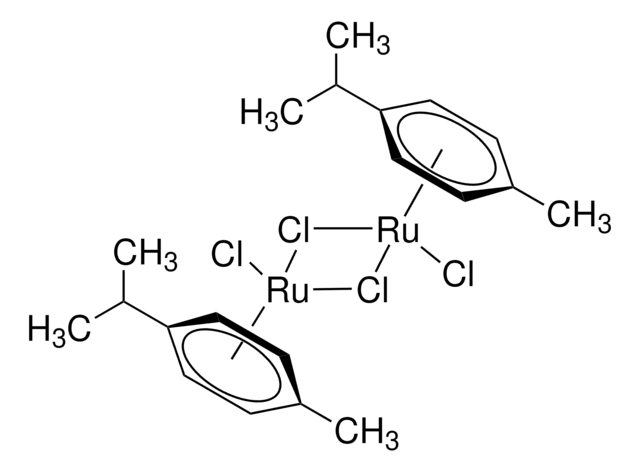All Photos(2)
About This Item
Empirical Formula (Hill Notation):
C7H8N2O4
CAS Number:
Molecular Weight:
184.15
MDL number:
UNSPSC Code:
12352100
PubChem Substance ID:
NACRES:
NA.22
Recommended Products
Quality Level
Assay
98%
form
solid
mp
272-278 °C (dec.) (lit.)
functional group
carboxylic acid
SMILES string
CC1=CN(CC(O)=O)C(=O)NC1=O
InChI
1S/C7H8N2O4/c1-4-2-9(3-5(10)11)7(13)8-6(4)12/h2H,3H2,1H3,(H,10,11)(H,8,12,13)
InChI key
TZDMCKHDYUDRMB-UHFFFAOYSA-N
Signal Word
Warning
Hazard Statements
Precautionary Statements
Hazard Classifications
Eye Irrit. 2 - Skin Irrit. 2 - STOT SE 3
Target Organs
Respiratory system
Storage Class Code
11 - Combustible Solids
WGK
WGK 3
Flash Point(F)
Not applicable
Flash Point(C)
Not applicable
Personal Protective Equipment
dust mask type N95 (US), Eyeshields, Gloves
Choose from one of the most recent versions:
Already Own This Product?
Find documentation for the products that you have recently purchased in the Document Library.
Customers Also Viewed
Pilar Amo-Ochoa et al.
Inorganic chemistry, 52(19), 11428-11437 (2013-09-18)
Four new copper(II) coordination complexes, obtained by reaction of CuX2 (X = acetate or chloride) with thymine-1-acetic acid and uracil-1-propionic acid as ligands, of formulas [Cu(TAcO)2(H2O)4]·4H2O (1), [Cu(TAcO)2(H2O)2]n (2), [Cu3(TAcO)4(H2O)2(OH)2]n·4H2O (3), and [Cu3(UPrO)2Cl2(OH)2(H2O)2]n (4) (TAcOH = thymine-1-acetic acid, UPrOH =
Nan Wang et al.
Biosensors & bioelectronics, 79, 320-326 (2016-01-01)
A sensitive, selective and reusable electrochemical biosensor for the determination of mercury ions (Hg(2+)) has been developed based on thymine (T) modified gold nanoparticles/reduced graphene oxide (AuNPs/rGO) nanocomposites. Graphene oxide (GO) was electrochemically reduced on a glassy carbon substrate. Subsequently
Giant vesicle formation through self-assembly of complementary random copolymers.
Ilhan F, et al.
Journal of the American Chemical Society, 122(24), 5895-5896 (2000)
P J Finn et al.
Nucleic acids research, 24(17), 3357-3363 (1996-09-01)
Adenine, thymine and cytosine PNA monomers have been prepared using 3-amino-1,2-propanediol as a starting material. The benzoyl group was used to protect the exocyclic amines of the heterocyclic bases of A and C PNA monomers and the backbone primary amine
Ojodomo J Achadu et al.
Mikrochimica acta, 185(10), 461-461 (2018-09-17)
A microwave-assisted hydrothermal method was employed to prepare thymine-modified graphitic carbon nitride quantum dots (T-gCNQDs) which are shown to be a novel fluorescent nanoprobe for Hg(II). They exhibit excellent optical properties (blue emission with a fluorescence quantum yield of 46%)
Our team of scientists has experience in all areas of research including Life Science, Material Science, Chemical Synthesis, Chromatography, Analytical and many others.
Contact Technical Service


